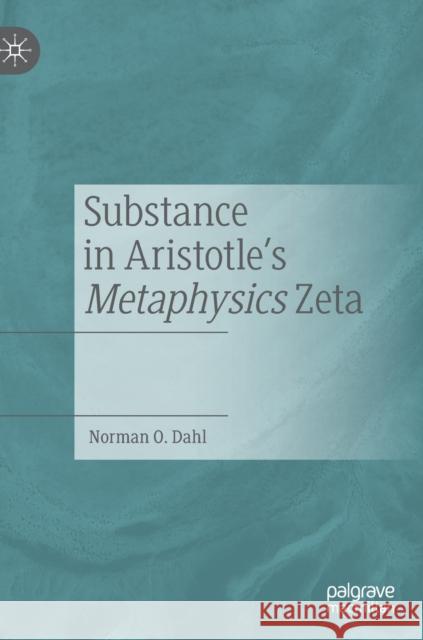Substance in Aristotle's Metaphysics Zeta » książka
topmenu
Substance in Aristotle's Metaphysics Zeta
ISBN-13: 9783030221607 / Angielski / Twarda / 2019 / 354 str.
Substance in Aristotle's Metaphysics Zeta
ISBN-13: 9783030221607 / Angielski / Twarda / 2019 / 354 str.
cena 342,14
(netto: 325,85 VAT: 5%)
Najniższa cena z 30 dni: 327,68
(netto: 325,85 VAT: 5%)
Najniższa cena z 30 dni: 327,68
Termin realizacji zamówienia:
ok. 22 dni roboczych.
ok. 22 dni roboczych.
Darmowa dostawa!
Kategorie BISAC:
Wydawca:
Palgrave MacMillan
Język:
Angielski
ISBN-13:
9783030221607
Rok wydania:
2019
Wydanie:
2019
Ilość stron:
354
Waga:
0.59 kg
Wymiary:
21.34 x 15.49 x 2.54
Oprawa:
Twarda
Wolumenów:
01
Dodatkowe informacje:
Wydanie ilustrowane











